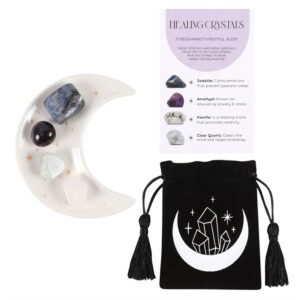What Is Paganism?
Paganism is a broad term used to describe a wide range of spiritual beliefs and practices that do not fall within the major world religions of Christianity, Islam, Judaism, Hinduism, or Buddhism. Pagans typically venerate nature and the natural world, and many believe in a pantheon of gods and goddesses. Paganism is also often associated with witchcraft, healing, and divination.
Origins And History
Paganism has a long and rich history, dating back to the earliest human civilisations. Pagan religions were the dominant religions in Europe, Asia, and Africa until the rise of Christianity in the late Roman Empire. After the fall of Rome, Christianity spread rapidly throughout Europe, and pagans were often persecuted or forced to convert. However, pagan beliefs and practices continued to survive in secret, and in some cases, they merged with Christianity to form new syncretic religions.
Modern Paganism
In the 19th and 20th centuries, there was a renewed interest in paganism, and a number of new pagan movements emerged. Wicca, one of the most well-known forms of modern paganism, was founded in England in the 1950s. Wicca is a polytheistic religion that emphasises the importance of nature and the balance between the feminine and masculine.
Other forms of modern paganism include Druidry, Heathenry, and Asatru. These religions are based on the pre-Christian religions of the Celts, Norse, and Anglo-Saxons, respectively. There are also many other pagan traditions that are more eclectic and draw on a variety of sources.
Pagan Beliefs and Practices
Pagan beliefs and practices vary widely from one tradition to another. However, there are some common themes. Most pagans believe in the interconnectedness of all things, and they revere the natural world. Pagans also tend to have a holistic view of health and well-being, and they often use herbs, crystals, and other natural materials in their healing practices.
Many pagans also practice magic, which they see as a way to harness the natural energies of the world for positive change. Pagan magic can be used for a variety of purposes, such as healing, protection, and divination.
Pagan Community
The pagan community is diverse and welcoming. There are pagans of all ages, races, genders, and sexual orientations. Pagans come from all walks of life, and they are united by their shared love of nature and their commitment to spiritual growth.
Pagans typically meet in covens or groves, which are small groups of people who gather to worship and practice together. There are also many pagan festivals and gatherings throughout the year. These events are a great way to meet other pagans and learn more about different pagan traditions.
Conclusion
Paganism is a rich and diverse spiritual path that offers something for everyone. If you are interested in learning more about paganism, there are many resources available online and in libraries. You can also find pagan groups in your local community.






